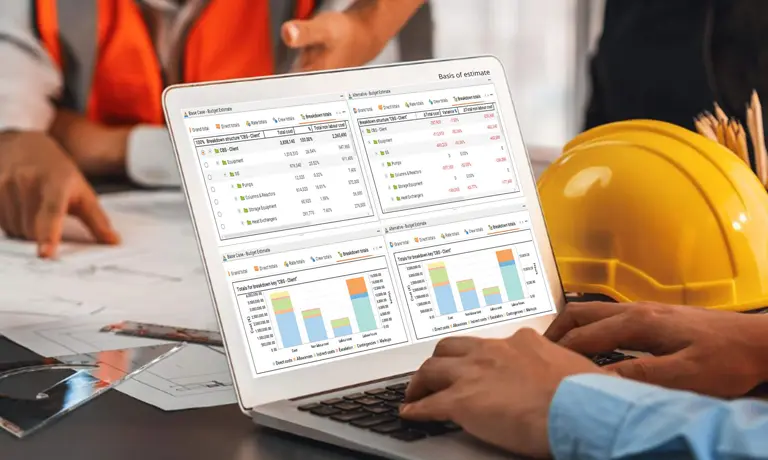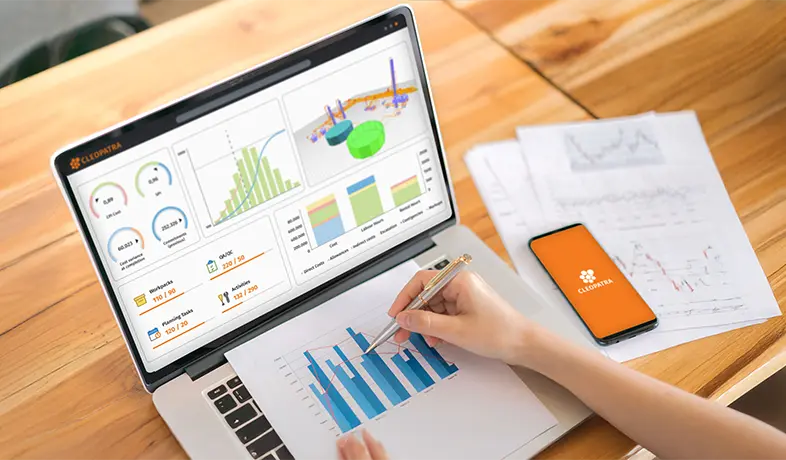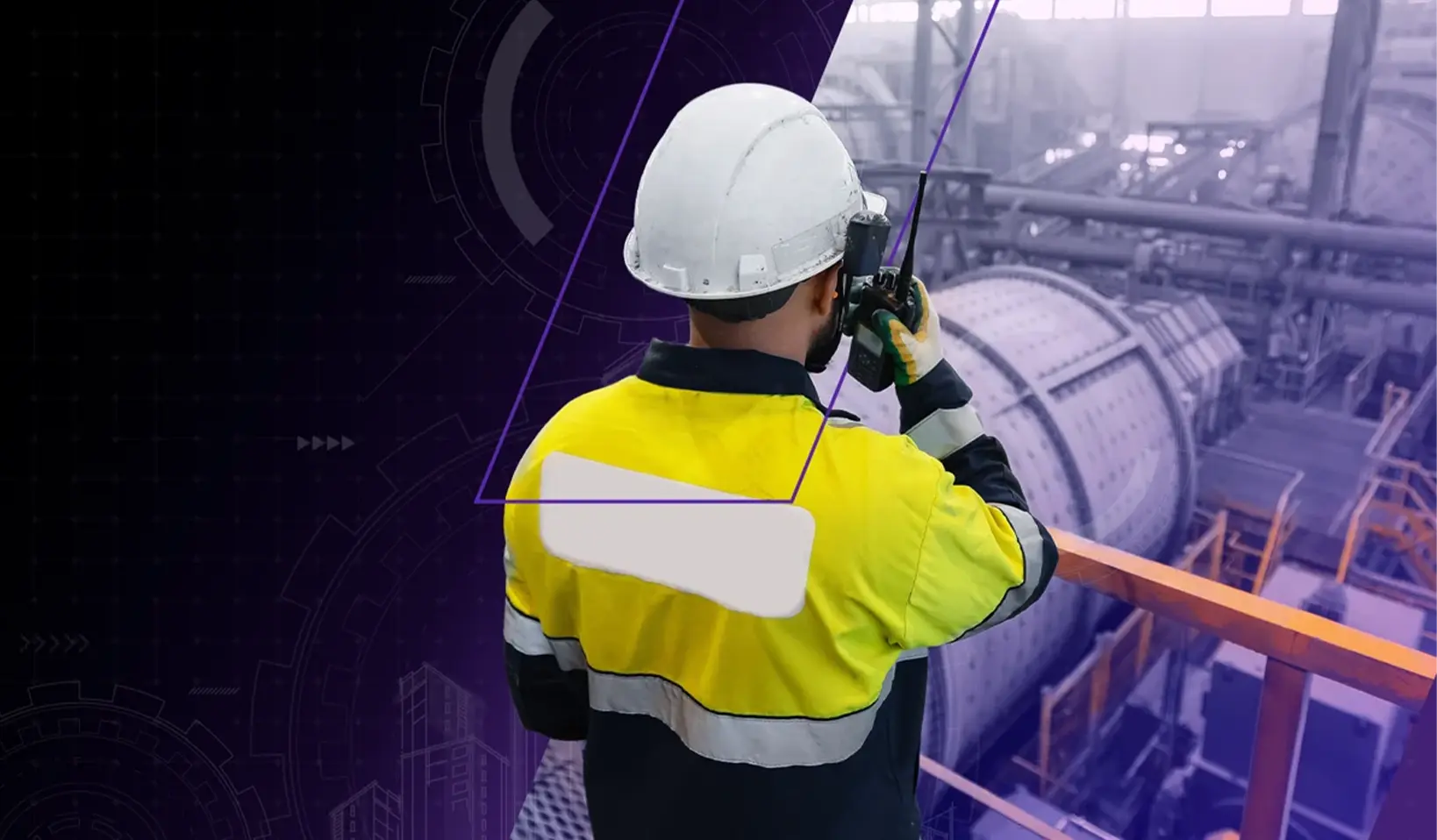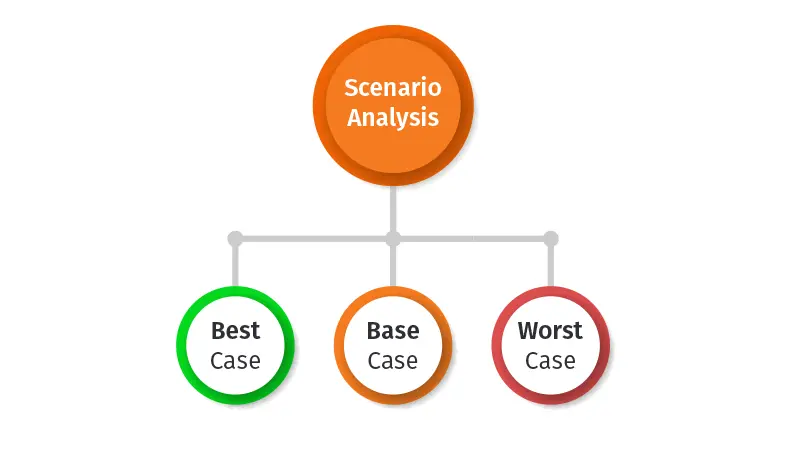294 resources match your search criteria

Workflow management: how to streamline project processes and improve overall efficiency
Scenario analysis allows project managers and decision-makers to explore “what-if” situations, assess risks, and make informed strategic choices. Whether you’re forecasting project costs, testing investment viability, or planning contingencies, this approach provides a structured way to prepare for the unexpected.
Read blog article
Analogous estimating: a practical approach to project cost estimation
Scenario analysis allows project managers and decision-makers to explore “what-if” situations, assess risks, and make informed strategic choices. Whether you’re forecasting project costs, testing investment viability, or planning contingencies, this approach provides a structured way to prepare for the unexpected.
Read blog article
Is your turnaround time driven or cost driven?
Scenario analysis allows project managers and decision-makers to explore “what-if” situations, assess risks, and make informed strategic choices. Whether you’re forecasting project costs, testing investment viability, or planning contingencies, this approach provides a structured way to prepare for the unexpected.
Read blog article
Portfolio and Project Management: Aligning Strategy and Execution
Scenario analysis allows project managers and decision-makers to explore “what-if” situations, assess risks, and make informed strategic choices. Whether you’re forecasting project costs, testing investment viability, or planning contingencies, this approach provides a structured way to prepare for the unexpected.
Read blog article
Variance analysis: understanding one-way, two-way, and multivariance methods
Scenario analysis allows project managers and decision-makers to explore “what-if” situations, assess risks, and make informed strategic choices. Whether you’re forecasting project costs, testing investment viability, or planning contingencies, this approach provides a structured way to prepare for the unexpected.
Read blog article
Scoping: The Foundation of STO Success
Discover how Cleopatra Enterprise’s standardized scoping captures every request, validates work, and builds a clean, defendable STO baseline.
View webinar
Which is Better: Parametric or Analogous Estimating?
In the early planning phase of a project, when scope is defined only at a high level, teams often rely on parametric and analogous estimating techniques to produce initial cost and schedule estimates. These early estimates provide management with the information needed for go/no-go decisions, funding allocation, and project prioritization.
Read blog article
Da Parada à Performance: Repensando os STOs para o Futuro
Assista ao webinar sobre STOs e aprenda a transformar shutdowns, turnarounds e outages em operações mais seguras e eficientes.
View webinar
Understanding the Basics of Scenario Analysis
Scenario analysis allows project managers and decision-makers to explore “what-if” situations, assess risks, and make informed strategic choices. Whether you’re forecasting project costs, testing investment viability, or planning contingencies, this approach provides a structured way to prepare for the unexpected.
Read blog article
Project Portfolio Management Software
Cleopatra’s project execution management software empowers flawless execution while managing projects or turnarounds, ensuring the adherence to rigorous Quality Assurance (QA) and Quality Control (QC) management practices.
Read page